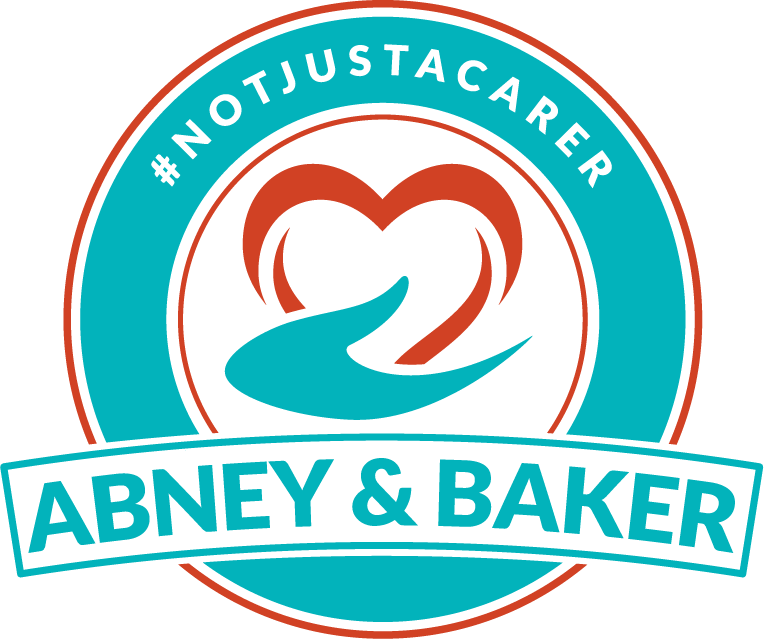If you're in the process of planning a healthy later life, you've probably focused on critical aspects like maintaining a balanced diet, regular exercise, mental fitness, and routine medical check-ups.
But there's a crucial element that often gets overlooked: the impact of socialising on health in later life.
Social connections profoundly affect the well-being and longevity of older adults, making them a vital part of healthy ageing.
In this blog post, we'll delve deep into the importance of socialising in promoting senior health, shed light on its role in healthy ageing, and share practical strategies for staying socially active and engaged in your golden years.





